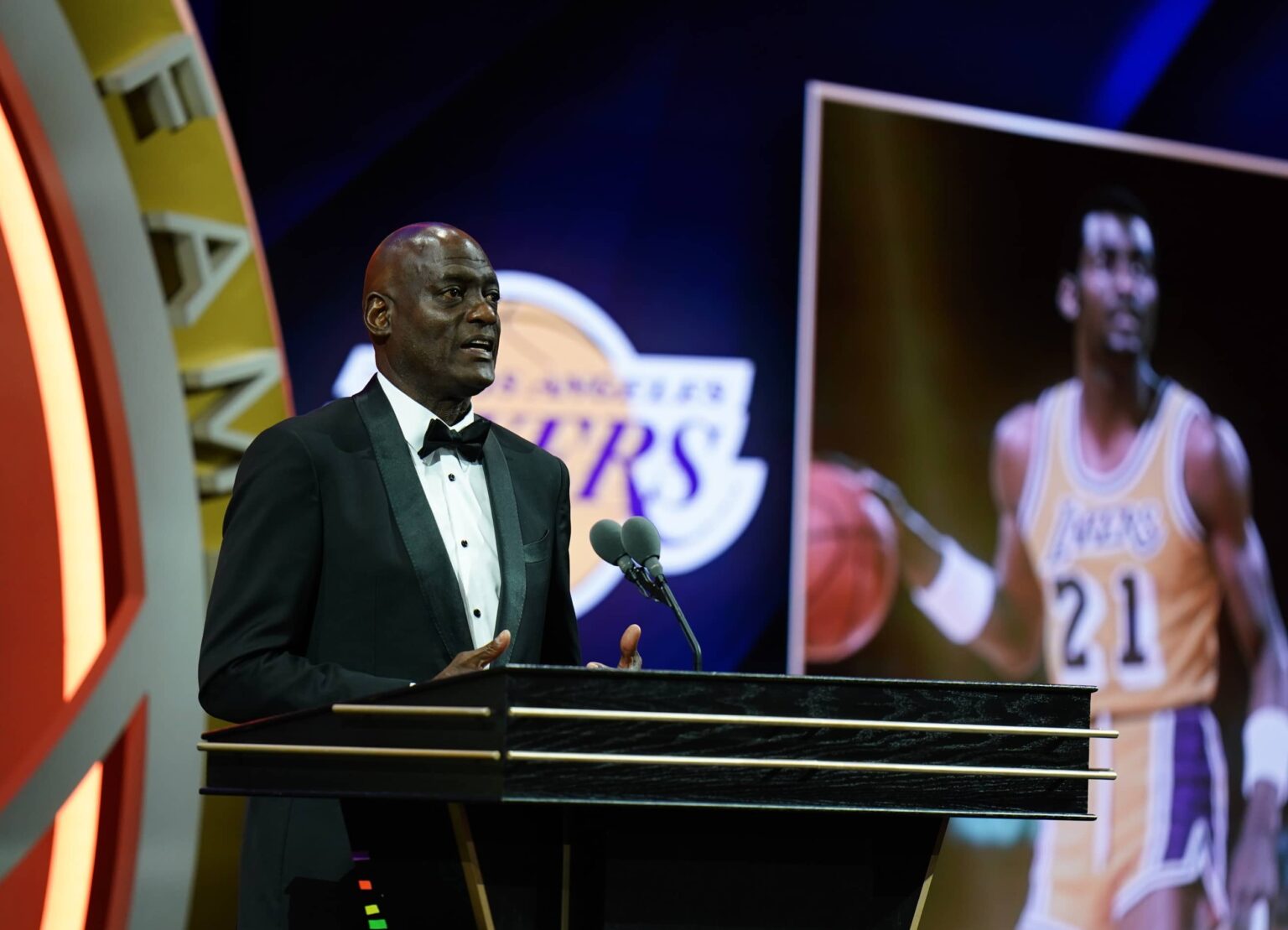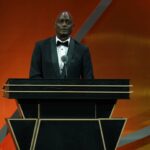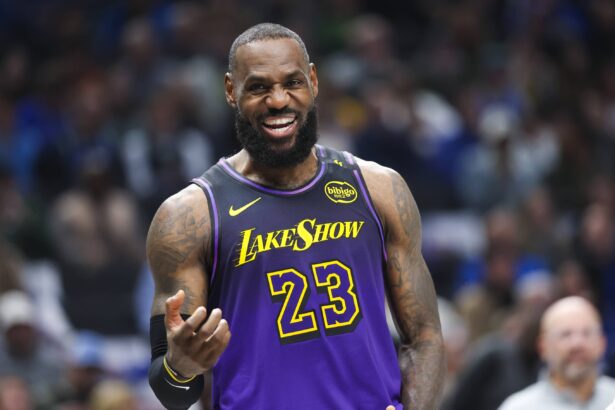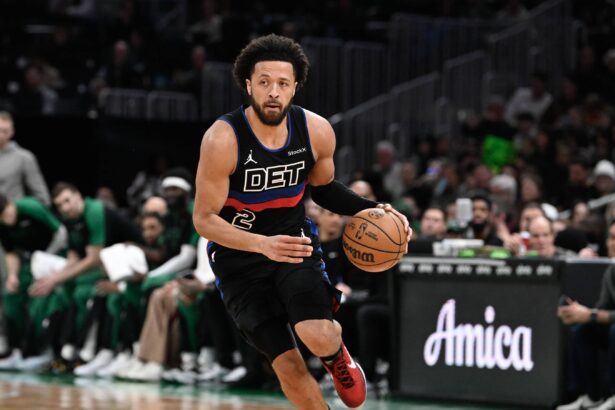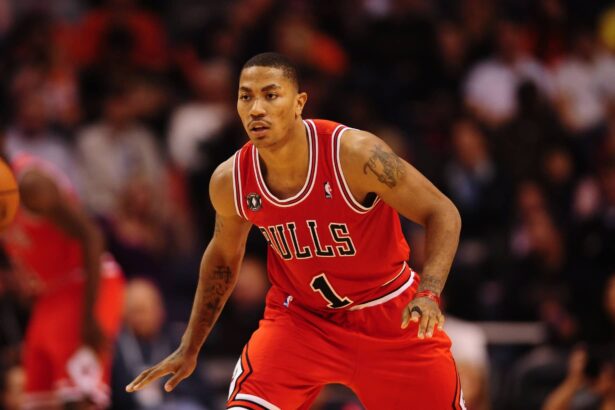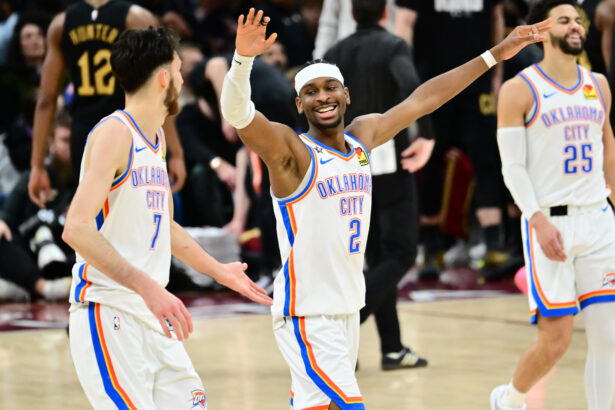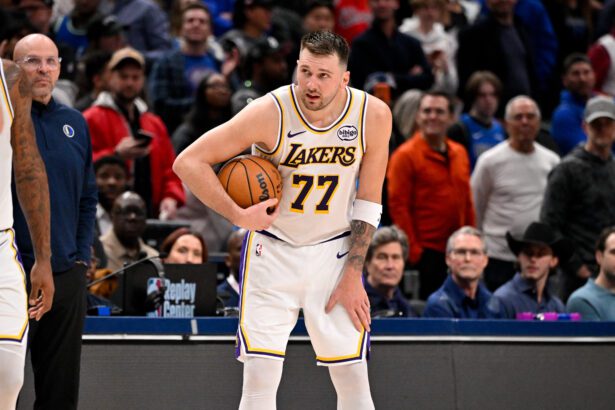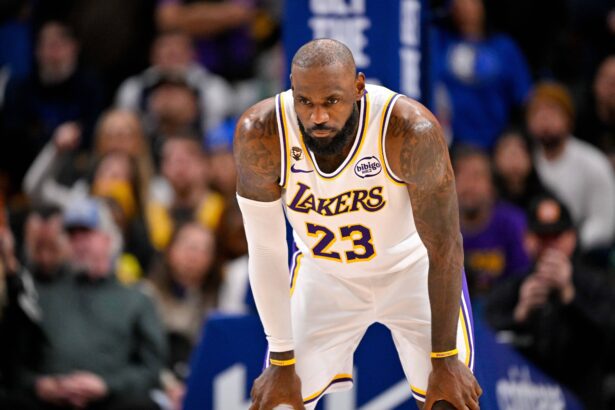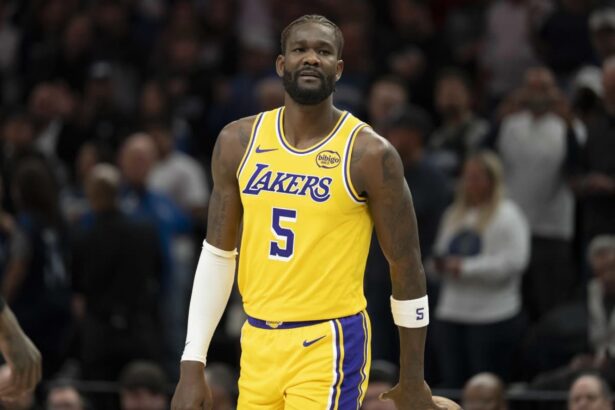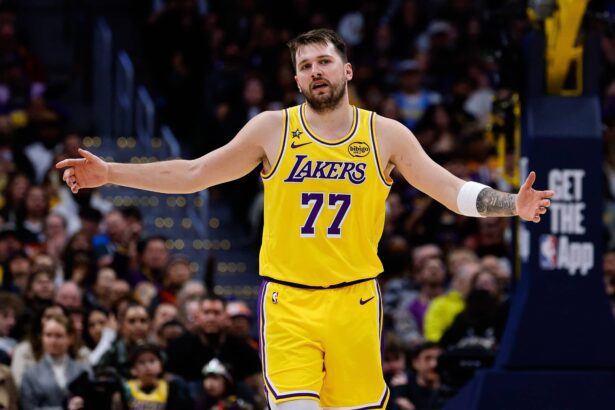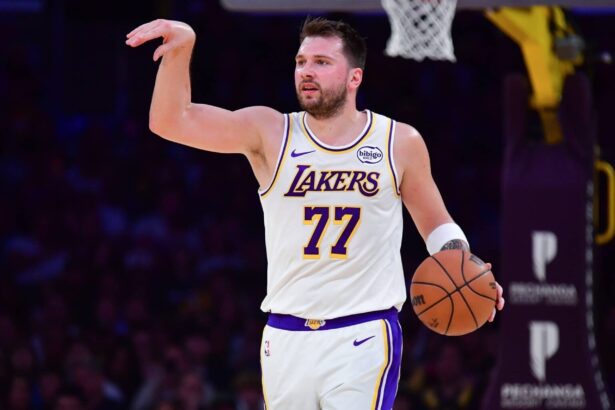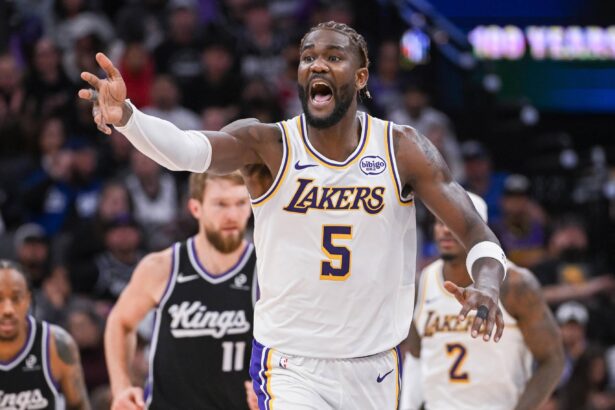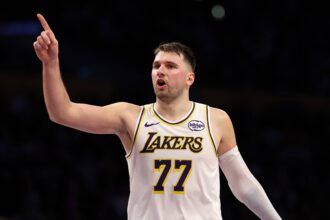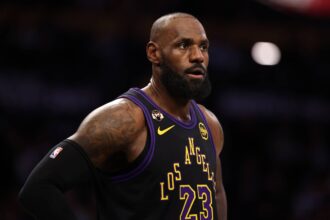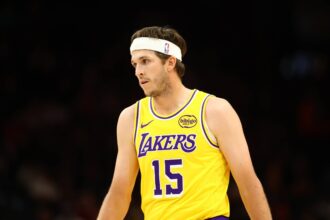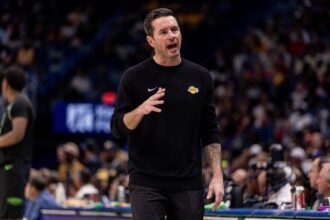Lakers legend Michael Cooper built his career on fearlessness, a defender who never backed down, no matter the odds. But that boldness didn’t begin in the NBA. It started years earlier at the University of New Mexico, where Cooper made a controversial decision to join a basketball program in turmoil after a massive civil rights dispute drove every Black player off the team.
Speaking on VladTV, Cooper explained why he chose New Mexico despite the intense racial tension surrounding the school at the time.
“The reason I chose New Mexico was because they had a civil rights uproar there, and all the black players left the team. Coach Ellenburger went out and recruited seven junior college All-Americans, and I was one of them.”
“When I went there, all the players and some of the African-American studies people were like, ‘You guys don’t want to come here. Things aren’t right. They’re treating the blacks bad. Don’t do this.’ And I was almost falling in line with it until he told me, ‘Listen, I’mma throw the ball up. Those five can play.’ And I liked those odds.”
The late 1960s and early 1970s were a volatile time in college athletics, particularly in the American Southwest. Racial inequality and systemic discrimination were rampant across universities, and New Mexico was no exception. Cooper arrived at a moment when the basketball program had effectively collapsed after its Black players, fed up with unequal treatment and racial hostility, decided to walk out in protest.
When Cooper arrived on campus, he was immediately made aware of the tension. For a young athlete from Los Angeles, those words carried weight. Cooper was stepping into an environment that had already driven other Black athletes away, a place where the scars of racial division were still fresh. He admitted that he nearly reconsidered his decision.
But what changed his mind was a simple, straight-shooting promise from New Mexico head coach Norm Ellenberger.
Coach wasn’t making promises about politics, image, or appeasing critics. He was telling Cooper that once the ball was tipped, performance would matter more than race. For a competitor like Cooper, that was all he needed to hear.
After transferring from Pasadena City College, Cooper suited up for the Lobos from 1976 to 1978, becoming a cornerstone of one of the most competitive teams in the Western Athletic Conference (WAC).
In two seasons at New Mexico, Cooper averaged 12.8 points, 4.9 rebounds, and 3.0 assists per game while shooting 51.6 percent from the field. Known for his defense and versatility even then, he often guarded the opponent’s best scorer, setting the tone for what would later become his calling card in the NBA.
His senior season in 1977–78 was his breakout year. Cooper averaged 16.3 points, 5.9 rebounds, and 4.2 assists per game, leading the Lobos to a 24–4 record and a WAC Championship, the first in school history. That year, New Mexico reached as high as No. 5 in the national rankings, the highest the program had ever climbed. Cooper earned First-Team All-WAC honors and established himself as one of the best two-way players in college basketball.
Still, Cooper’s story reveals more than just athletic perseverance; it’s a glimpse into how race and sport collided during a critical era in America. By choosing to stay and play, Cooper didn’t just take a chance on basketball; he took a stand for himself in a divided program, one where his success helped bridge wounds left by inequality.
In the end, his decision to trust his instincts and those odds set the stage for one of the most resilient careers in basketball history.

